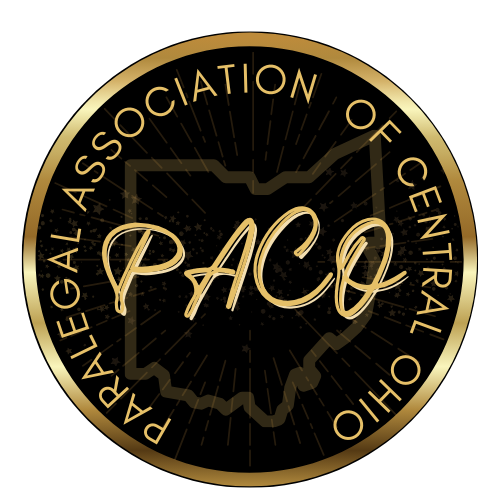| What is a Paralegal? |
|
A paralegal is a person, qualified through education, training or work experience to perform substantive legal work that requires knowledge of legal concepts and is customarily, but not exclusively, performed by a lawyer. This person may be retained or employed by a lawyer, law office, governmental agency or other entity or may be authorized by administrative, statutory or court authority to perform this work. Substantive shall mean work requiring recognition, evaluation, organization, analysis, and communication of relevant facts and legal concepts. Understanding the Nature of Paralegal Education and Training: Paralegals are trained in several ways. Many of the first paralegals received their jobs based on work experience or “on-the-job training.” Some community colleges offer associate degrees in paralegal studies, or undergraduate paralegal certificates. Other colleges offer a bachelor’s degree in paralegal studies or post-baccalaureate certificates. Some of these schools have received approval from the American Bar Association (ABA), provided that their curricula and other requirements meet the ABA’s standards. A bachelor’s degree is a definite asset and formal training is encouraged as the number of applicants for paralegal positions is increasing dramatically. Paralegal Certification: Paralegal certification is another avenue many paralegals pursue to further their knowledge, training, and skill set. Many paralegals use certification as a steppingstone to further their careers with employers and to stand out from the pack. There are many certification avenues for paralegals including national certifications through NFPA, NALA, and/or AACP. Some states offer mandatory and voluntary paralegal certification programs. In Ohio, the Ohio State Bar Association offers a voluntary paralegal certification program. Additionally, as a member of PACO, a paralegal is also a member of the NFPA which offers two certification tracks – CRP or RP designations – based on education and experience. For more information on these certification options, check out the organization’s respective website listed below. Examples of Paralegal Duties:
If you are interested in becoming a paralegal, please check out the American Bar Association's (ABA) Standing Committee on Paralegals List of Approved Programs. Please note that PACO does not endorse any paralegal education program. If you are interested in becoming a paralegal and would like more information about how to obtain training in the field, please visit PACO’s Student Liaison Committee page or email the Student Liaison Committee chair at students@pacoparalegals.org. Resources and Helpful Links: Article - https://www.nala.org/about-paralegals/what-do-paralegals-do OSBA Paralegal Certification - https://www.ohiobar.org/cle-certification/certification/paralegal-certification/ NFPA – RP designation / CRP designation - https://www.paralegals.org/i4a/pages/index.cfm?pageid=3295 |
Questions about PACO? : info@pacoparalegals.org | Mailing Address : |
